
“I did not realize how much I could do with what we already have.” A Nigerian health worker’s revelation captures what may be the most significant breakthrough in global health implementation during the current funding crisis.

“I did not realize how much I could do with what we already have.” A Nigerian health worker’s revelation captures what may be the most significant breakthrough in global health implementation during the current funding crisis.
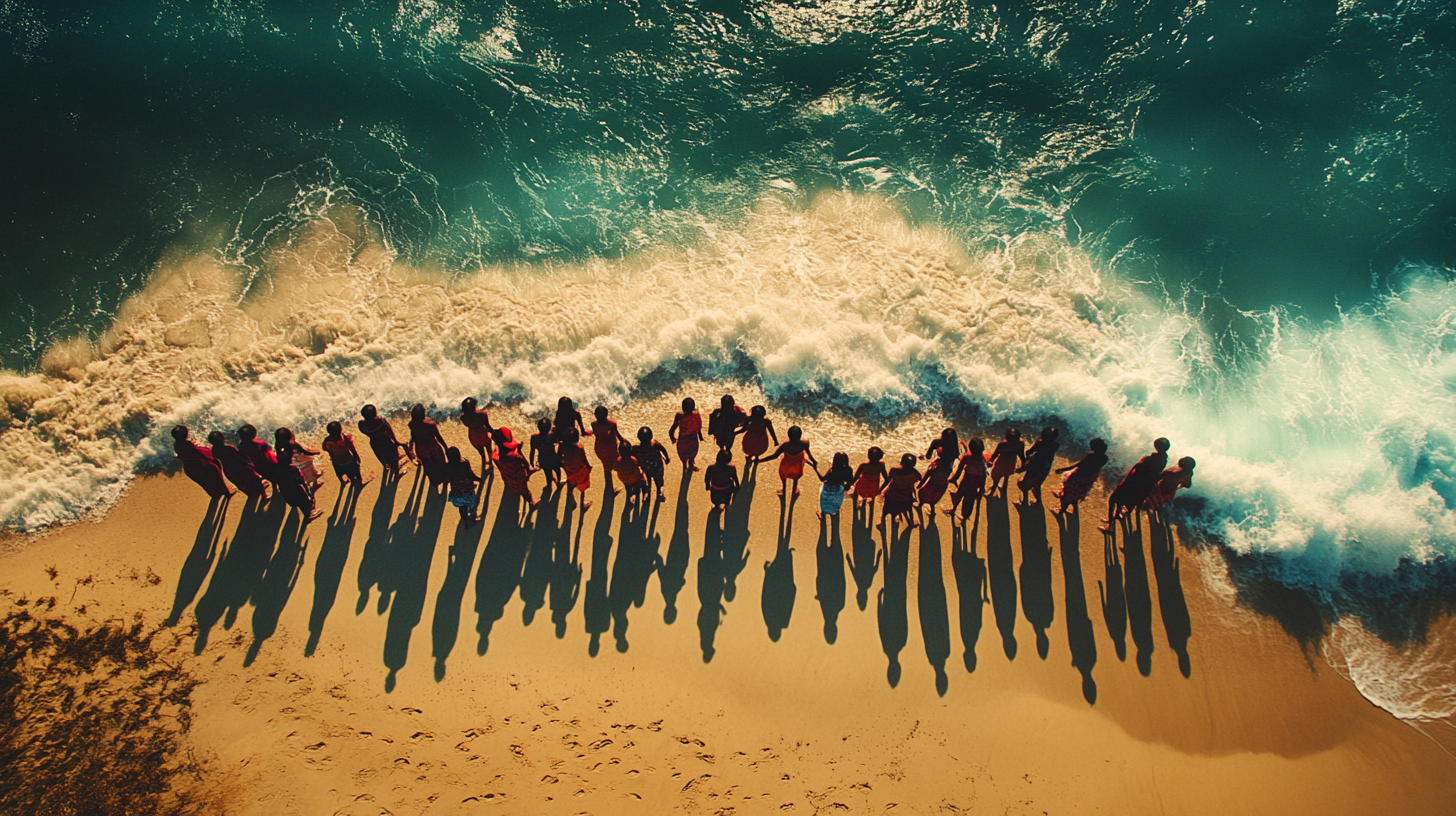
Humanitarian, global health, and development organizations confront an unprecedented crisis. Donor funding is in a downward spiral, while needs intensify across every sector. Organizations face stark choices: reduce programs, cut staff, or fundamentally transform how they deliver results. Traditional capacity building models have become economically unsustainable.
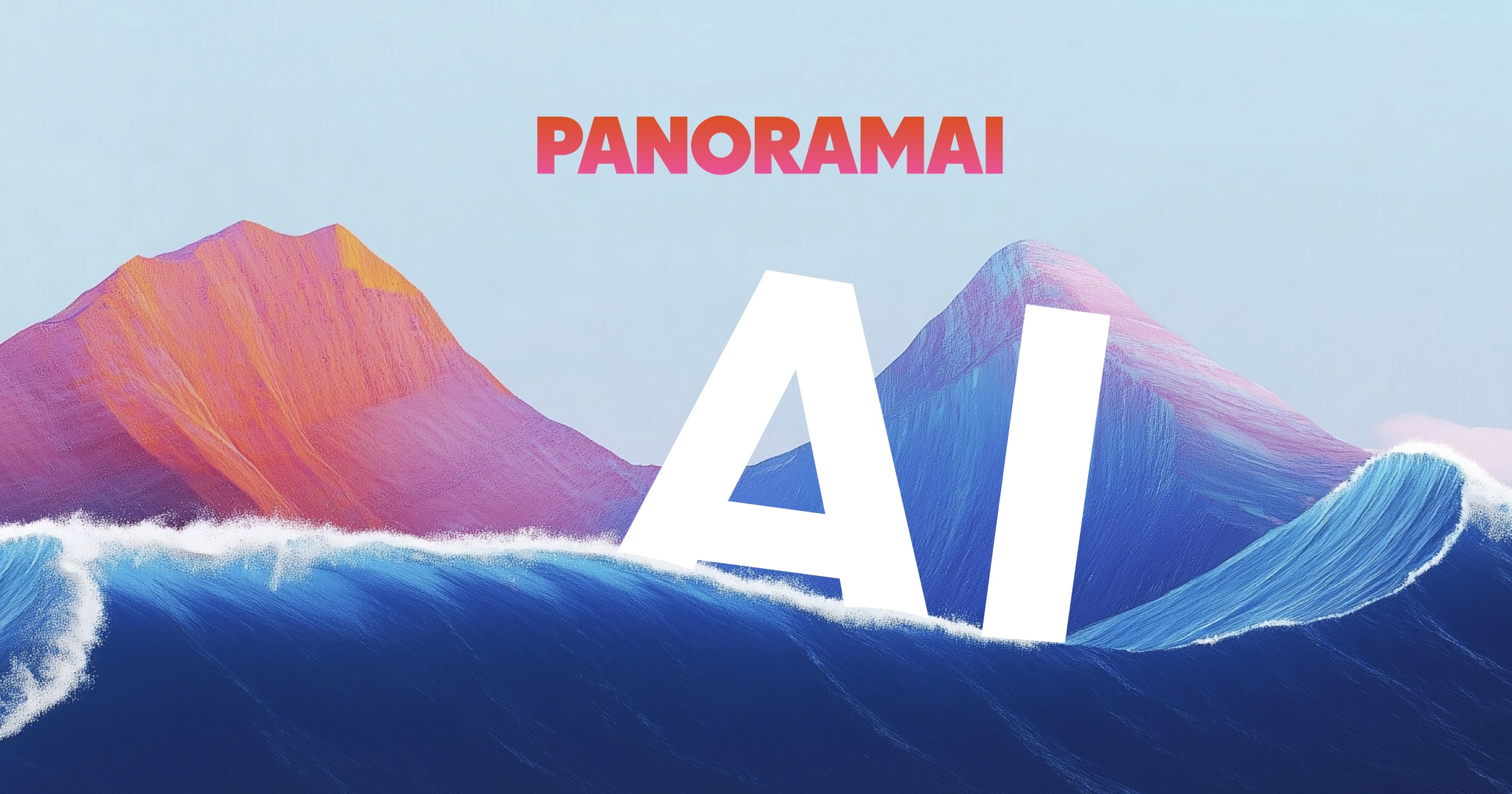
Since 2019, when The Geneva Learning Foundation (TGLF) launched its first AI pilot project, we have been exploring how the Second Machine Age is reshaping learning.
While threats to national and international heritage as a result of geopolitical tensions and cybersabotage have increased significantly, Dutch heritage institutions are insufficiently prepared for disasters, digital or physical attacks.
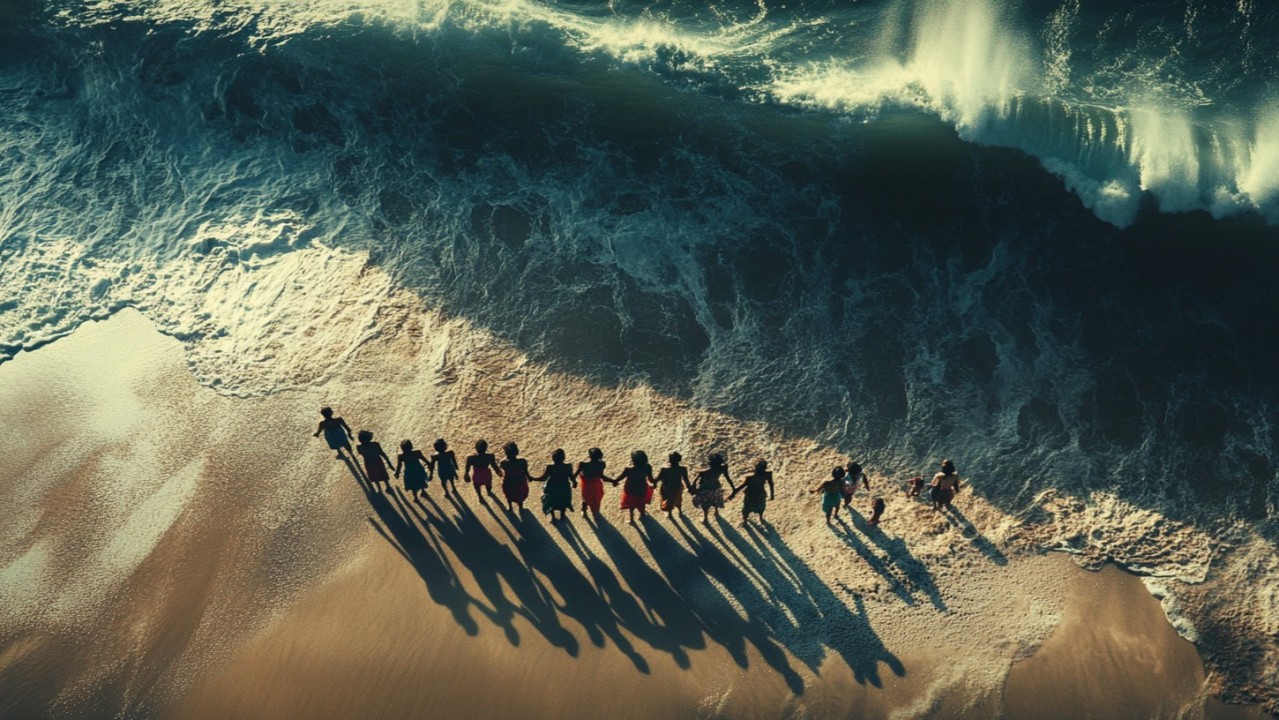
In a climate of funding uncertainty, what if the most cost-effective investments in global health weren’t about supplies or infrastructure, but human networks that turn learning into action? In this short review article, we explore how peer learning networks that connect human beings to learn from and support each other can transform health outcomes with minimal resources.
Puzzles to solve, but how? It keeps occupying my mind. This has to do with finding the right mix of the public values that are connected to justice, humanity and autonomy, and the “neutral” position of the library (or not?). I have now attended three of the six afternoons that form part of the SURF Course on Digital Sovereignty (for Executives in the field of education & research). And would like to make up my mind as a mid-term activity.
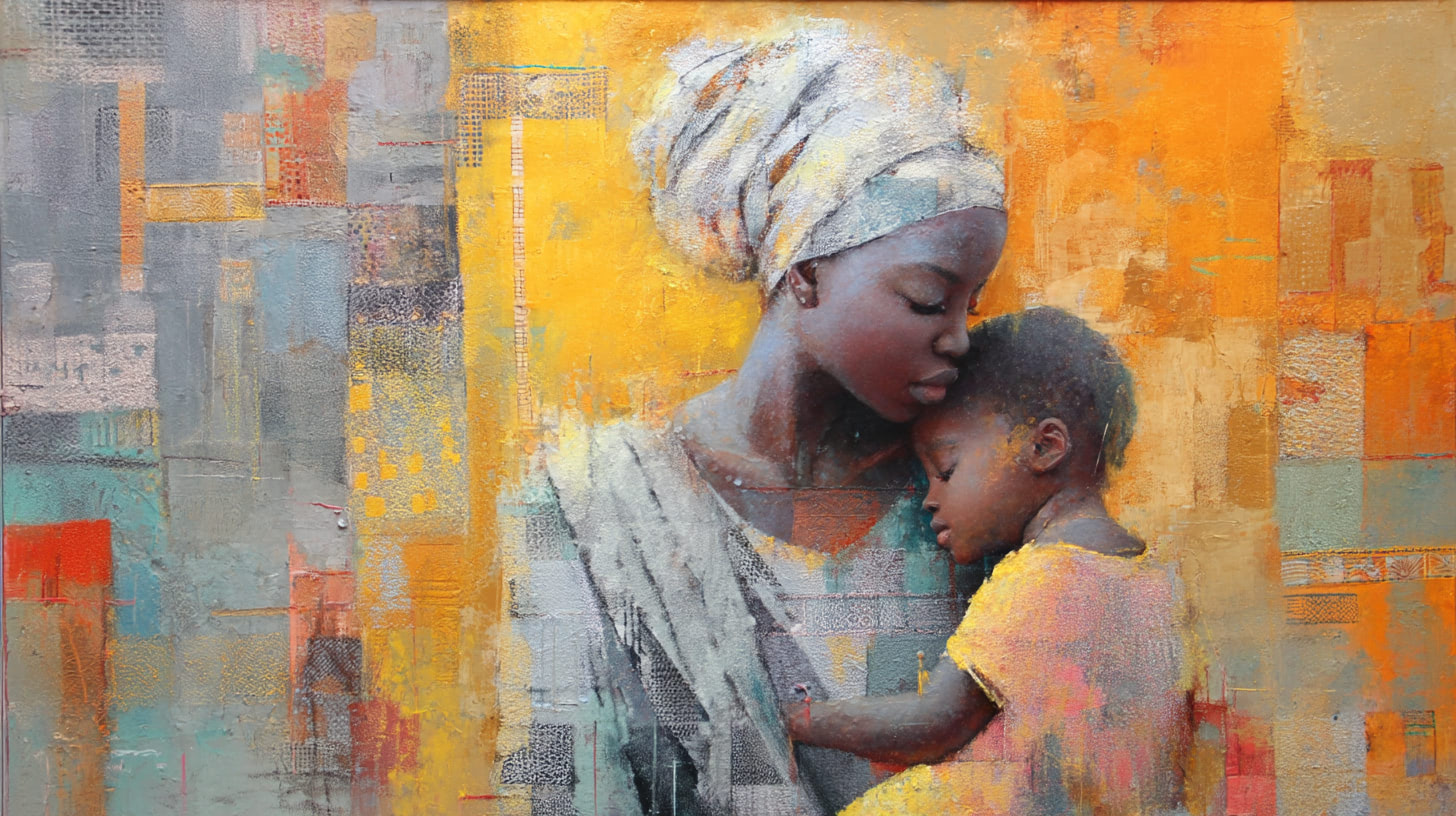
English | Français “I noticed that every time he went to appointments or emergency services, he was often met with suspicion or treated as if he was exaggerating his symptoms,” shared a community support worker from Canada, describing how an Indigenous teenager waited three months for mental health services while non-Indigenous youth were seen within weeks.
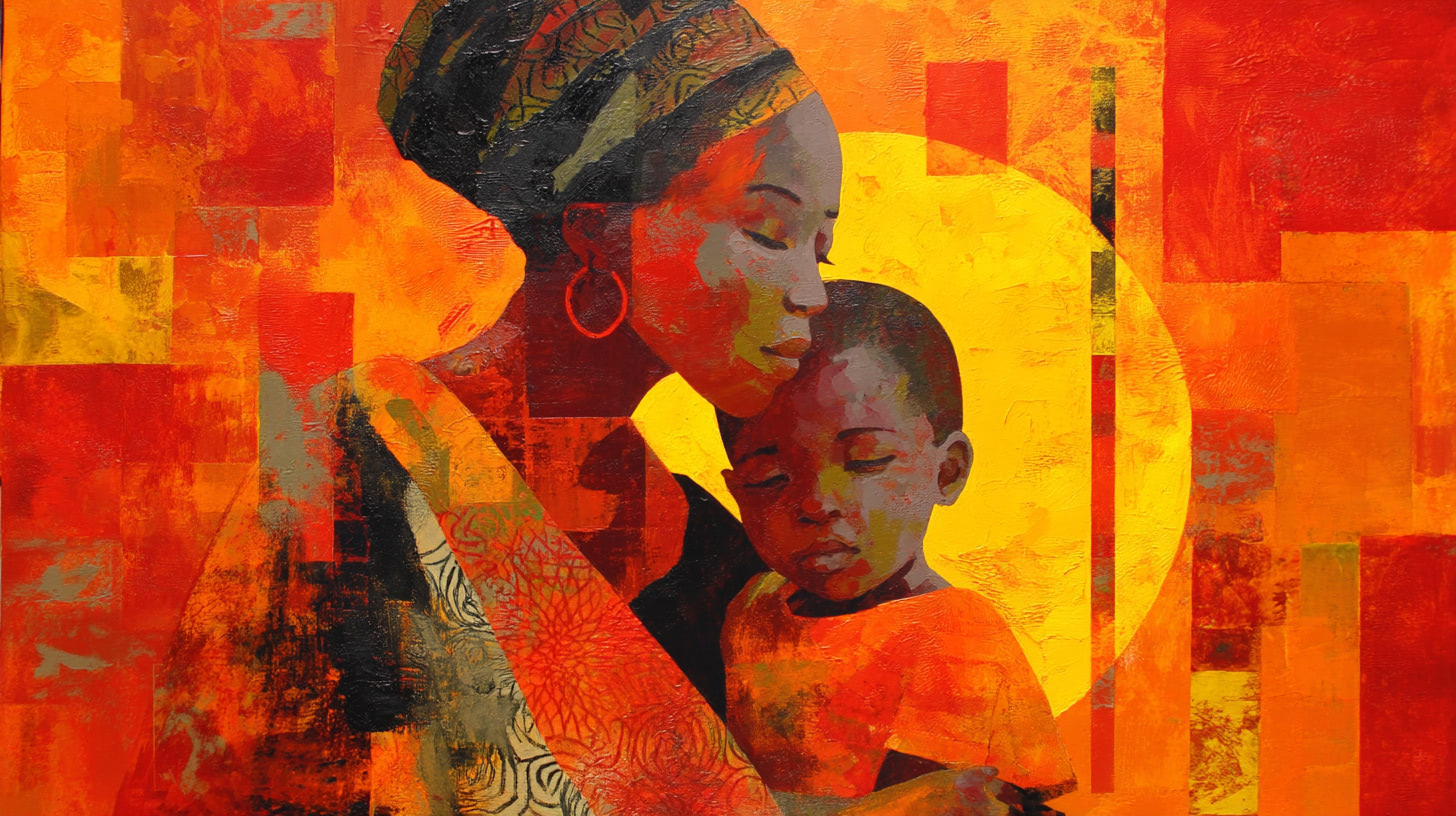
English | Français GENÈVE, le 11 avril 2025 – Une initiative internationale inédite a rassemblé près de 5000 professionnels de santé pour partager leurs expériences face aux discriminations dans l’accès aux soins « Un enfant est mort parce que sa famille ne pouvait pas déposer 500 000 nairas [environ 300 francs suisses] avant le début des soins.
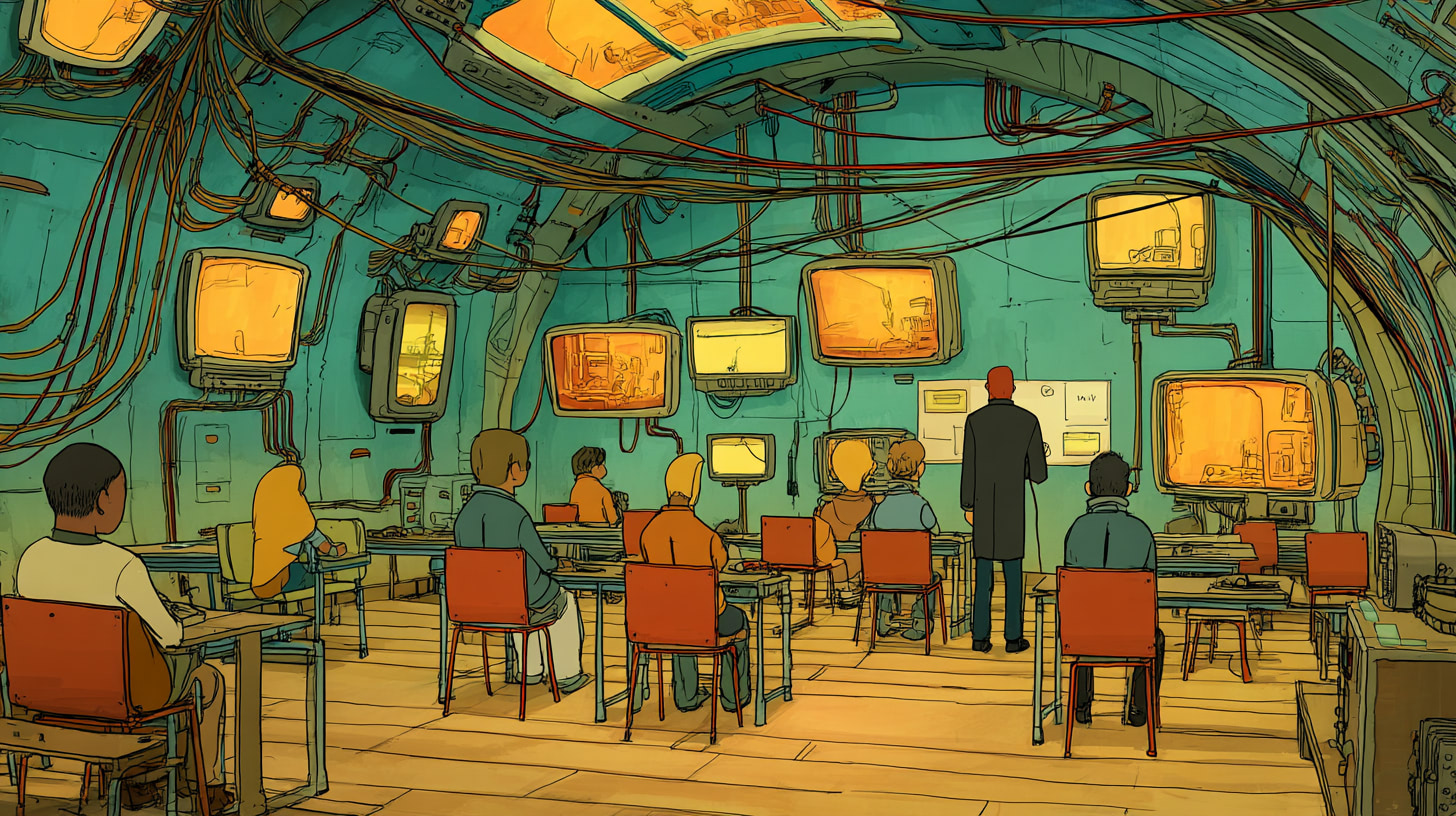
Does the educational purpose of video change with AI? The purpose of video in education is undergoing a fundamental transformation in the age of artificial intelligence. This medium, long established in digital learning environments, is changing not just in how we consume it, but in its very role within the learning process.

We reached out to senior decision makers working in global health about the new Certificate peer learning programme for equity in research and practice. Crickets. One CEO wrote: “We aren’t currently in a position to enter into new strategic partnerships on the topic.” The chilling effect is real. Many organizations are retreating from publicly championing equity work—even those with deep commitments to fairness and inclusion.

The comprehensive analysis of 221 Massive Open Online Courses (MOOCs) by Katy Jordan provides crucial insights for health professionals navigating the rapidly evolving landscape of digital learning. Her study, published in the International Review of Research in Open and Distributed Learning, examined completion rates across diverse platforms including Coursera, Open2Study, and others from 78 institutions.